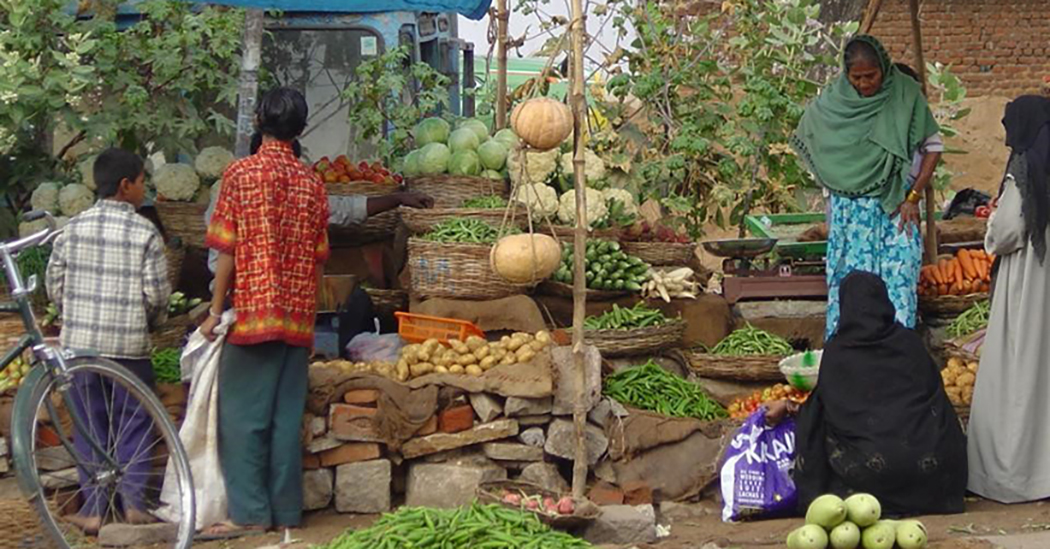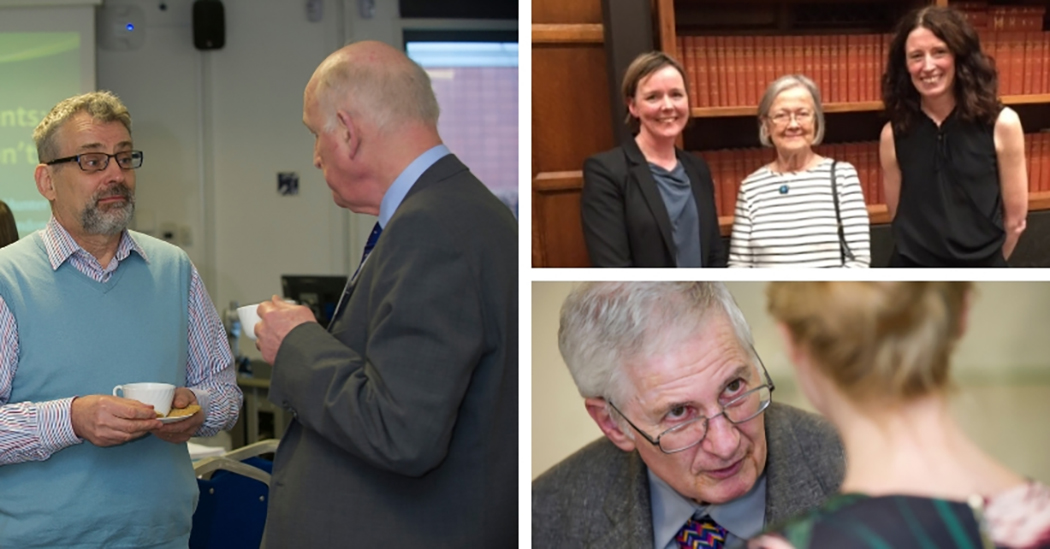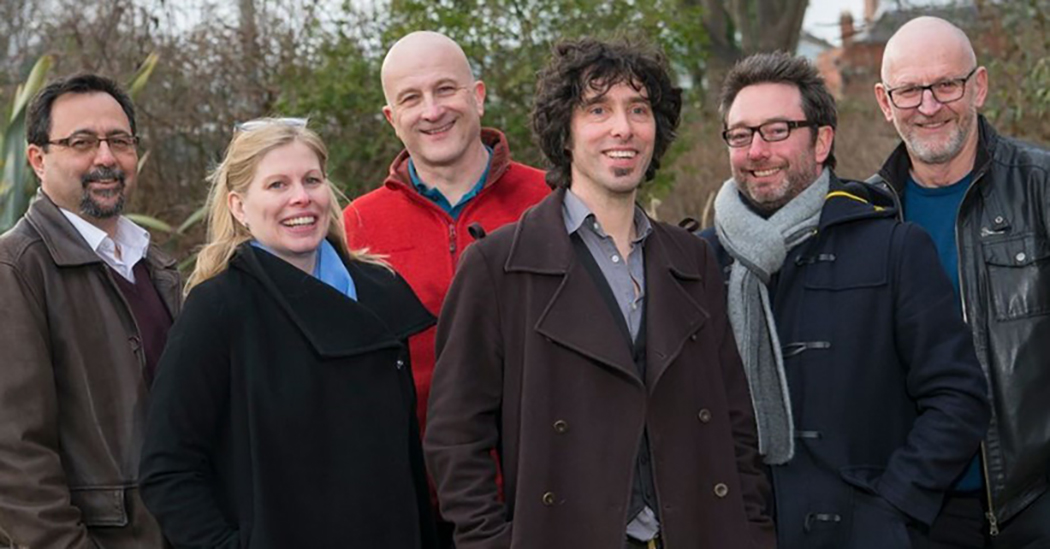Social Justice
Social Justice is fundamental to the research we do and addresses issues of inequality, disadvantage and exclusion that emanate from class, gender, age, ethnicity, disability and sexuality.
Our normatively-driven research seeks to empower and give voice to the voiceless and is at the intersection of the academy, policy and practice. It seeks to lead and shape contemporary debates and have a transformative effect on people's lives.
Read our case studies below:
Early Child Development and Social Inequality - James Law

Why are early child development and social equality important?
Child development and the attainment of cognitive skills and communication in the early years of life are vital for later life outcomes, with an individual’s lack of communication skills having the potential to affect educational integration and attainment, employability, retention and progression within the workforce. Key differences in these skills have opened up before children go to school. Children from more affluent households consistently outperforming those from more disadvantaged households – as shown by the UK’s Millenium Cohort Study involving 11,000 children.
Empowering the Marginalized: Improving the lives of the urban poor living in informal settlements of Delhi and Agra, India - Pauline Dixon

The Newcastle University team in collaboration with CURE (Centre for Urban and Regional Excellence) and IIT Delhi is working alongside communities living in informal settlements in Delhi and Agra India, to improve services (health, public distribution systems, transport) and infrastructure facilities (water supply, sanitation, solid waste management, electricity). Currently 41,000 households in 52 informal settlements are being reached through a wide range of intervention projects, such as creating women and youth enterprises and the provision of sanitation services.
Rewriting Children's Rights Judgments - Professors Kathryn Hollingsworth and Helen Stalford

Rewriting Children’s Rights Judgments is an on-going project that began as an international collaboration involving academics, lawyers, NGOs and judges. The main outcome from the first phase of the project was the book Rewriting Children’s Rights Judgments: From Academic Vision to New Practice (Stalford, Hollingsworth and Gilmore, eds; Hart, 2017) which was launched at the UK Supreme Court in November 2017 by Lady Hale (President of the Court), who also wrote the foreword.
Screening Violence: a Transnational Study of Post-Conflict Imaginaries - Guy Austin

A big, complex, international project can develop from a very small, localised source. It can grow organically without those involved knowing exactly what the endpoint might be, and without being instrumentalised by formal requirements. This is an example of how that can happen. Screening Violence was inspired by a symposium and book launch by Paula Blair (School of English Literature, Language and Linguistics) in 2014 and a screening and workshop by world-renowned filmmaker Nick Broomfield in 2015.

